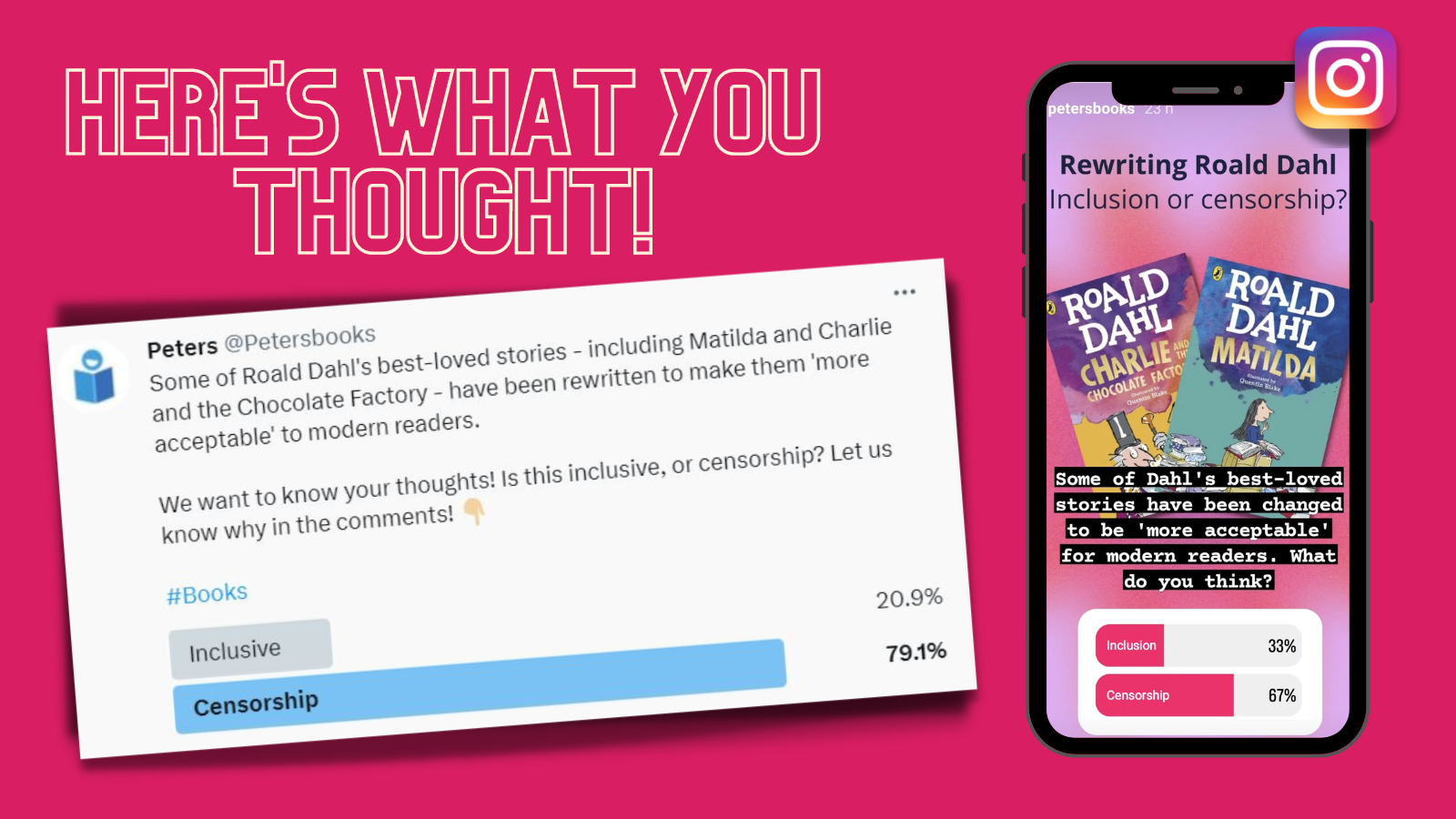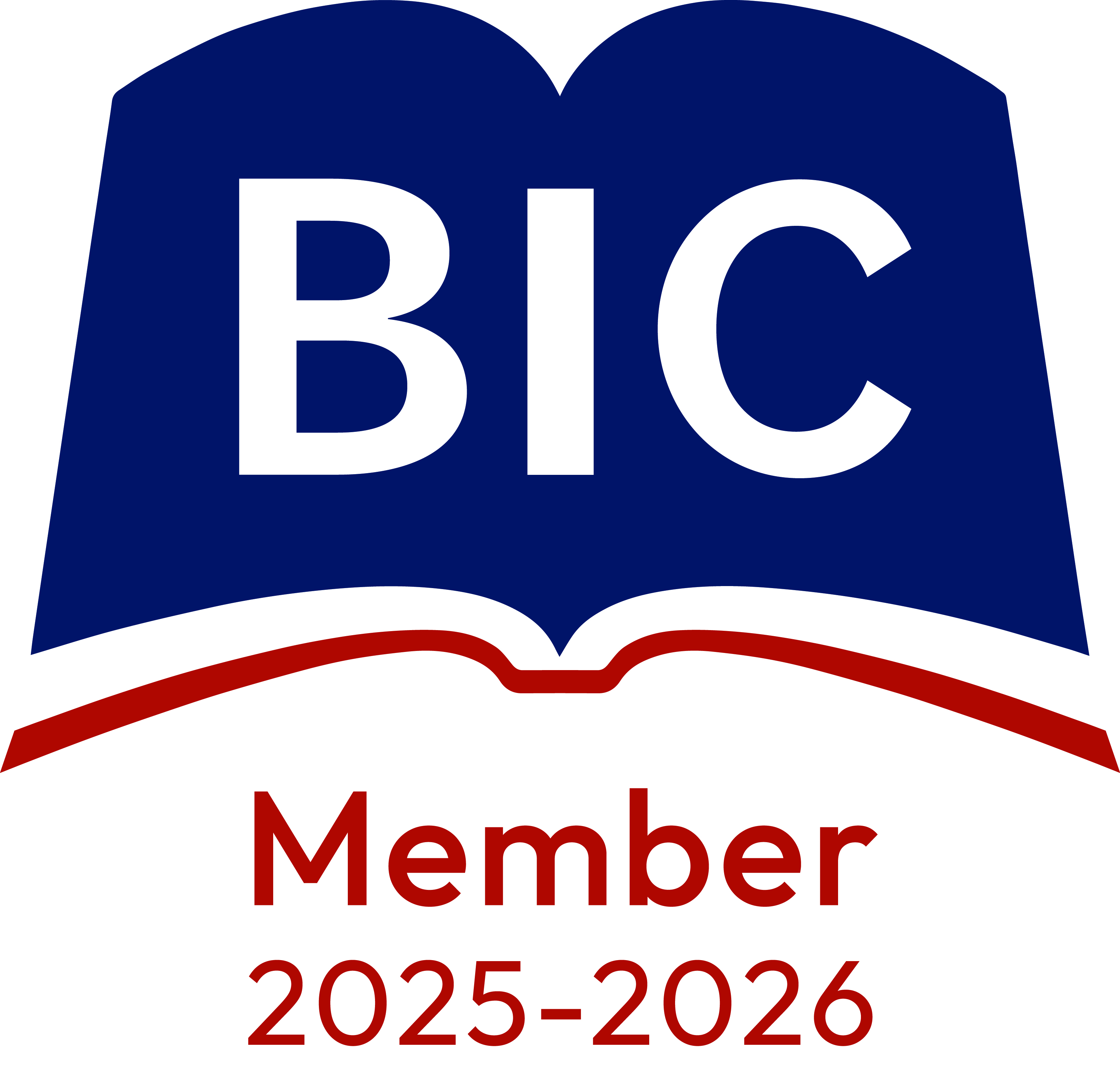Please note: We will continue to deliver your books and furniture until Thursday 18 December for schools, and Tuesday 23 December for public libraries. We will then close for the Christmas break, with deliveries resuming from Monday 5 January 2026. We wish all of our customers a very merry Christmas and a Happy New Year!
For help, advice and telephone ordering call our team on 0121 666 6646
Are you sure you wish to delete this basket?()
This action cannot be undone.
Sorry, something went wrong
Please report the problem here.
Rewriting Roald Dahl: inclusion or censorship?
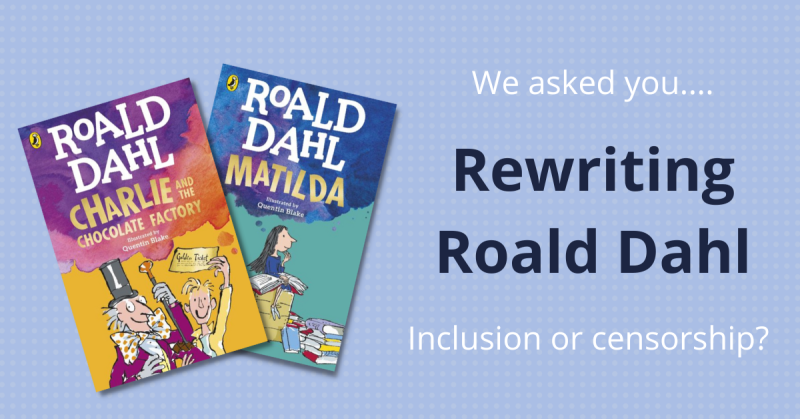
February 22nd 2023
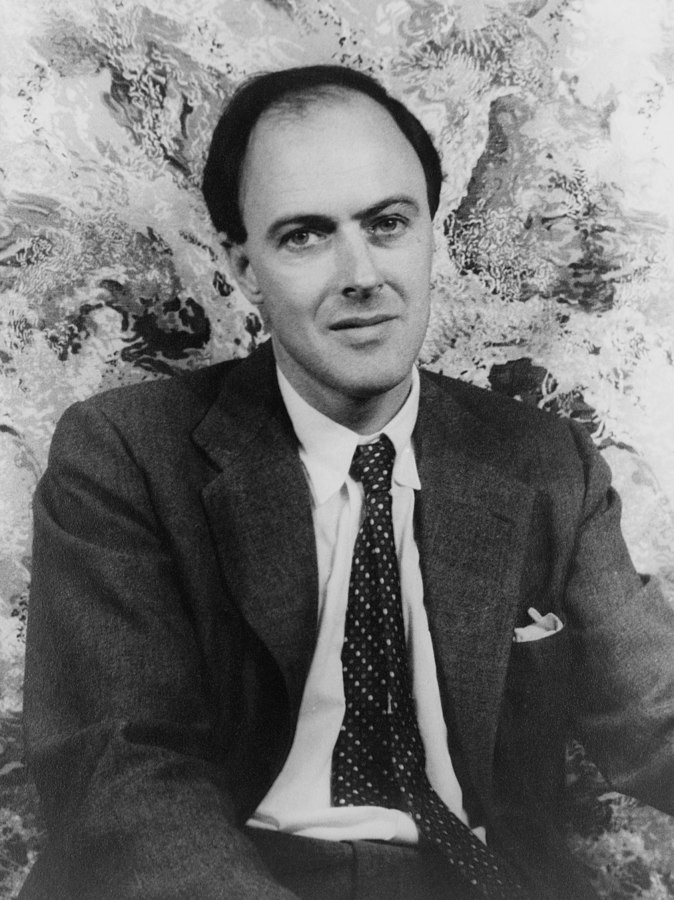 |
About Roald Dahl Roald Dahl (1916-1974) is one of the world's best-known children's authors, although he was also a screenwriter, poet and writer of adult short stories (plus an inventor and RAF fighter pilot!). He wrote 17 stories for children that have been translated into over 50 different languages, including favourites like George's Marvellous Medicine and The Twits. Some of his works have been adapted into plays and Hollywood films, with Netflix acquiring the rights to his entire catalogue. |
It was recently revealed that the newest editions of some of Roald Dahl's most popular texts have been rewritten to be more 'inclusive'. The decision by Puffin Books and the Roald Dahl estate to make changes to text relating to race, gender, weight, mental health and violence has been condemned by some (including Prime Minister Rishi Sunak) and applauded by others. We wanted to know your thoughts on this controversial topic - scroll down to see the results!
What are the changes, and why?
A spokesperson for the Roald Dahl Story Company explained that the changes were to "ensure that Roald Dahl's wonderful stories and characters continue to be enjoyed by all children today", noting that it is common publishing practice to review language alongside details like a book's cover and page layout. They added: "Our guiding principle throughout has been to maintain the storylines, characters, and the irreverence and sharp-edged spirit of the original text."
The "small and carefully considered changes" were implemented after a review alongside Puffin Books that dates back to 2020. These include gender-neutral terms, including 'Cloud-People' instead of 'Cloud-Men' in James and the Giant Peach, and 'most formidable woman' instead of 'most formidable female' for Miss Trunchbull in Matilda. Fat-shaming is also off the menu, with August Gloop from Charlie and the Chocolate Factory no longer 'fat', simply 'enormous'. Meanwhile, Mrs Twit of The Twits fame is not 'ugly and beastly', just 'beastly'.
Sensitivity writers were hired to make the changes, with input from Inclusive Minds, a collective that promotes inclusion, diversity, equality and accessibility in children's literature.
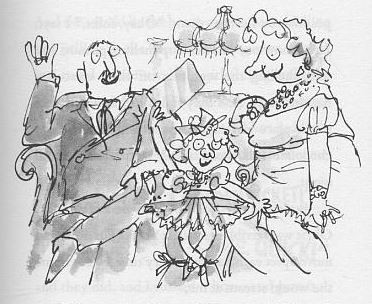 |
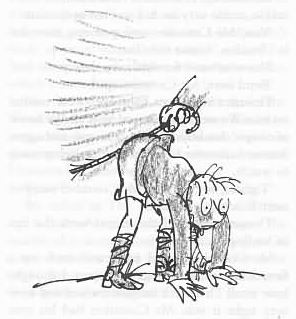 |
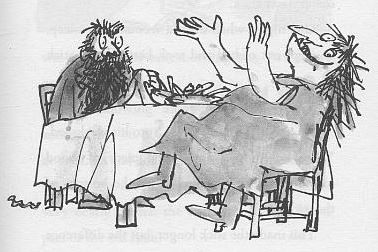 |
Dahl's grotesque characters, captured in style by illustrator Quentin Blake, are enjoyably ghastly, but some critics say his language is too
What social media is saying
Censorship stops discussion
We ran a poll on Twitter and Instagram to see how our community of teachers, librarians and parents feels about the changes to Roald Dahl's books. And you didn't hold back! Twinmummy34 told us: 'That reminds me about 1984 by George Orwell 😳 Censorship of the book, newspapers and TV programmes [...] soon the history books will be re-written to suit the society 🤔.' Janeorford added: 'Who next? Charles Dickens, Shakespeare?'
Some of you cited the importance of freedom to acknowledge and act upon what is perceived as problematic behaviour. Andapieceofcake said: 'Best take a good look at lots of seminal and modern works and do this with them all if this is the case. Also, the film adaptations are out in the public domain so we can’t censor everything. A simple statement warning people and letting them choose should be sufficient. Any of these examples could be used to address how we tackle such issues as opposed to burying them as though they don’t exist.'
Others reiterated the concept of choice. Keithbrumpton commented: 'As with TV and other media, parents can mediate themselves and choose to not read or view material they don't like, or otherwise continue with things they love. There are countless books that will surely appeal to all without having to ban or censor.' Sageillo added: 'Personally I don’t feel the need for censorship, if we’re watching something and an issue arises, I’ll openly discuss it with my children. Consequently the eldest is already quite aware of things like representation.'
Inclusivity matters
However, some of you see the changes as a step in the right direction. Thelittleliterarysociety argued: 'The books aren’t being banned or burned, just updated. I haven’t been thrilled about my children listening to Dahl stories on the Yoto, though we have had conversations around the problematic content. So much of his writing contained awful language and stereotypes and it’s naiive to think that all parents/carers/teachers will be using them as valuable discussion points. It may also send a message to writers who still use this type of language and include offensive stereotypes in their books today, and the editors who leave them in. I don’t remember the same level of anger about Blyton’s works being updated a few years ago.'
Kirstin_writes added: 'Books that feature racist and offensive commentary, such as the several pages in Charlie and the Great Glass Elevator, should at least come with a warning about it. This goes for modern works too. It’s nothing to do with “that was a different time”. Energy should also be put into amplifying authors whose voices aren’t in the mainstream too.'
Books by Roald Dahl
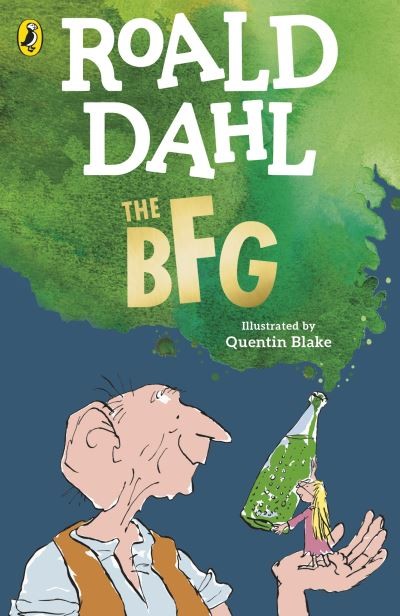 |
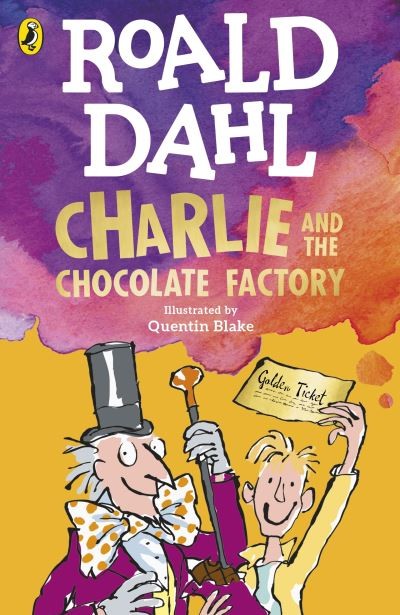 |
 |
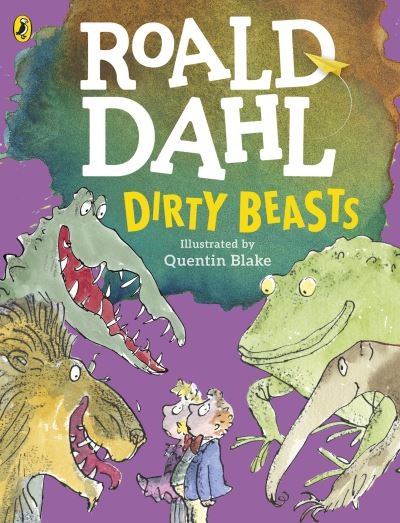 |
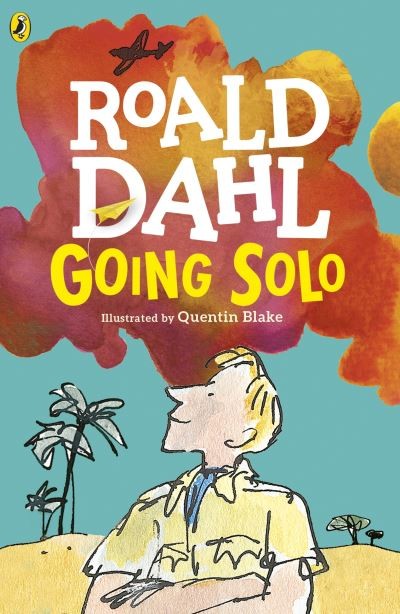 |
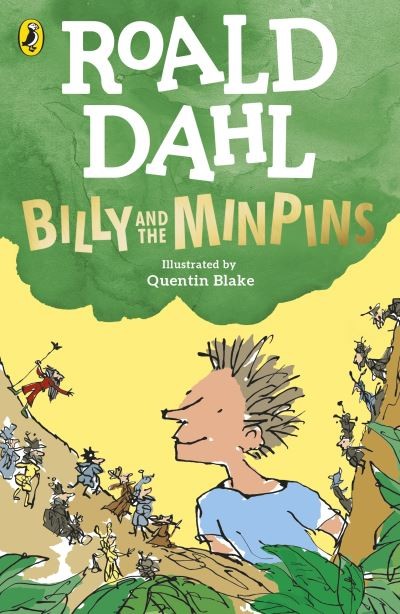 |
 |
Our expert's take: text warnings are an alternative option |
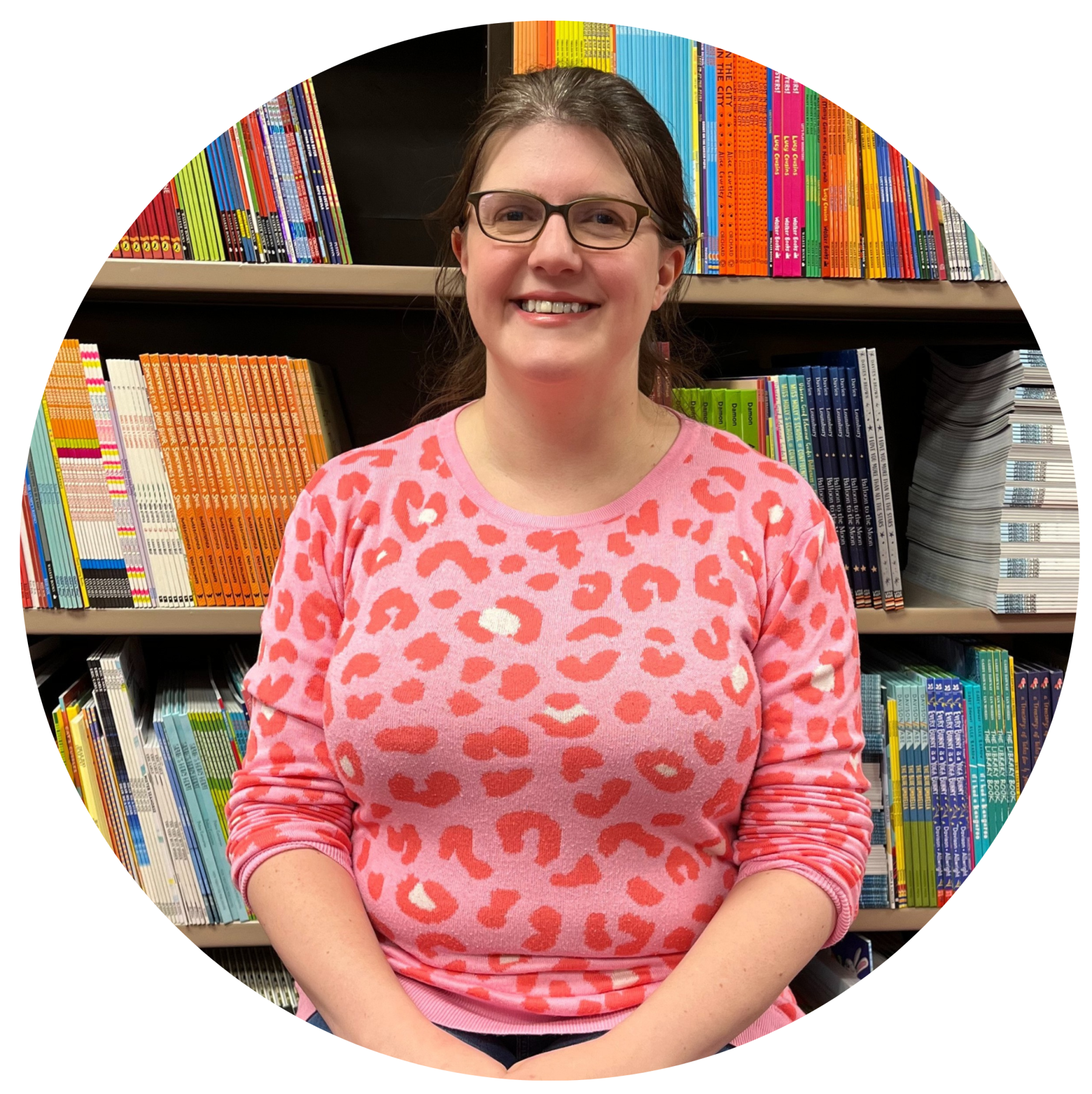 |
Katie Merrick, Children's Librarian Katie has several years’ experience in public libraries, running toddler rhyme time and teenage reading groups, and has also worked as a secondary school librarian. An avid reader of anything and everything, she particularly enjoys historical teen fiction, junior fiction about ponies, and picture books about dogs! |
"Some of the language in Dahl’s books is outdated and potentially offensive, and just because his books were written a long time ago, it doesn’t mean that he should get a free pass. For instance, Enid Blyton’s books have been edited and updated.
"Dahl’s works are often considered as classics, and some might argue that they should be left as they are. It’s particularly important that any edits don’t change the context or meaning of the story. I think a good compromise would be to put a little note in the new editions explaining that the language is ‘of its time’, similar to those included by Warner Bros films."It’s also important for parents and teachers to know that there are so many other authors out there, and we’re happy to recommend modern alternatives!” |

